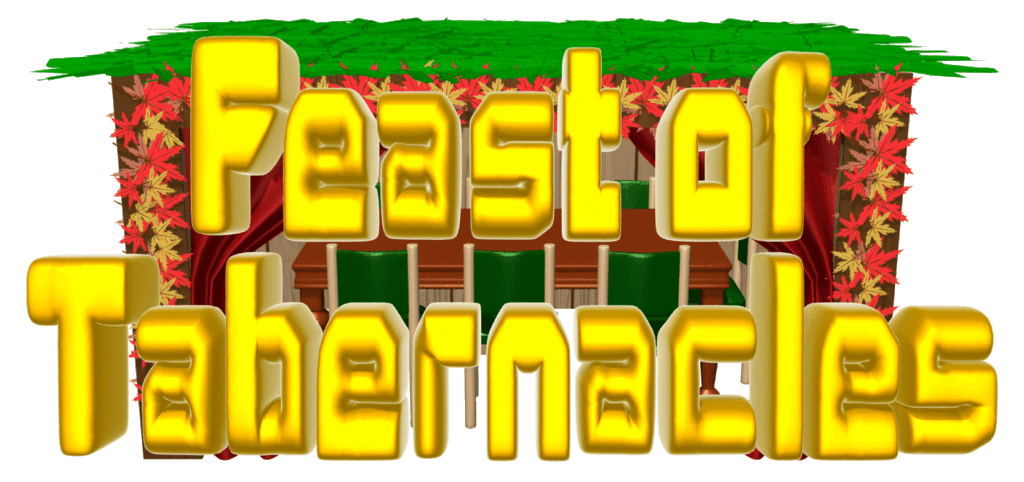For godly people who are returning to the Hebraic roots of their Christian faith, knowing when to celebrate YHVH’s biblical feasts is vital to maturing spiritually, and coming into the unity of the faith as they learn to worship and obey YHVH in spirit and truth. But a question must be asked. How does one know WHEN to celebrate the biblical feasts without having the correct calendar as revealed in the Bible? There are several calendars that claim to be the true calendar of Bible times, but which one is the correct calendar? They can’t all be right. The fact is that there is only one calendar that can be proven solely from Scripture without relying on any non- or extra-biblical sources. This is an undeniable fact for honest Truth seeker, Berean Christians who will rightly divide the word of Elohim. None of the other calendars can make this claim! This video compares the true biblical calendar with the counterfeits. For those who do not care whether if what they do or believe is based solely on the Bible, then this video will probably not be of any value to you. For biblical Truth seekers, this is a must-watch video.
This and other videos by Nathan are available as podcasts on Spotify and Apple podcast under “Hoshana Rabbah.”
For more in depth scholarly resources on the biblical calendar and the various wannabes, go to https://hoshanarabbah.org/blog/page/2/?s=Biblical+Calendar&submit=Search.



